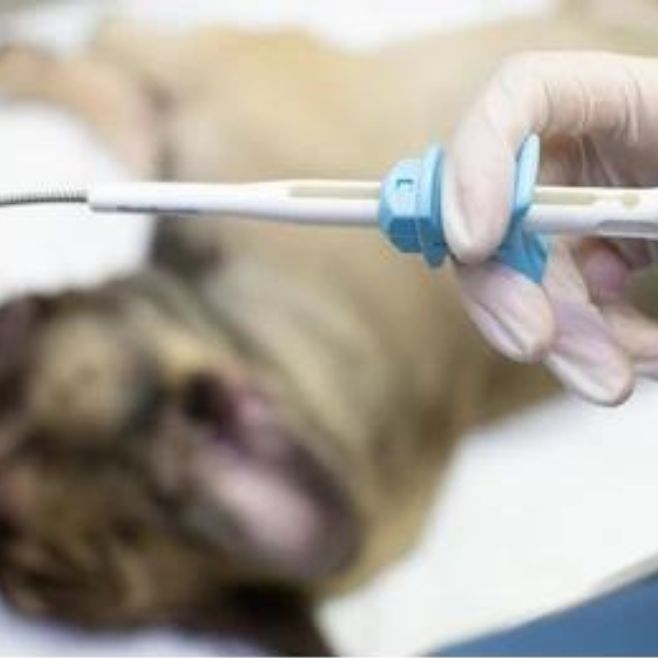
Pet Vaccinations: Protecting Your Furry Friends from Deadly Diseases
Call (786) 536-5144
Get informed about the importance of pet vaccinations for the health and well-being of your furry companions. Discover the benefits of vaccinating your pets and learn about the different types of vaccines available to keep your pets safe and protected.

